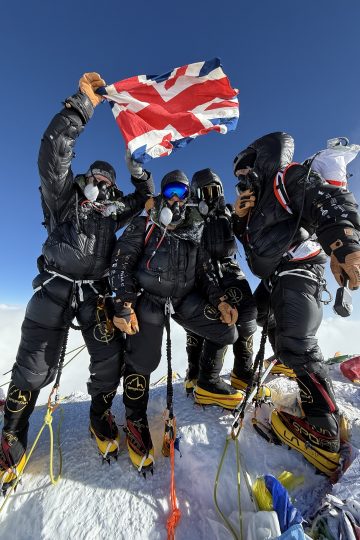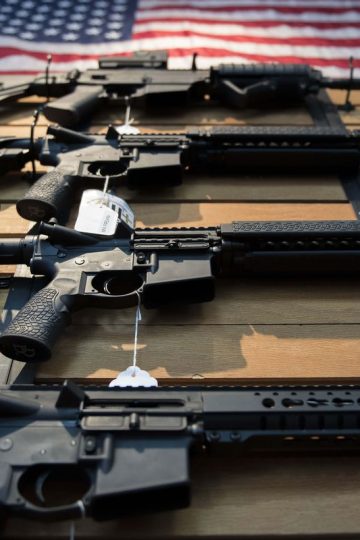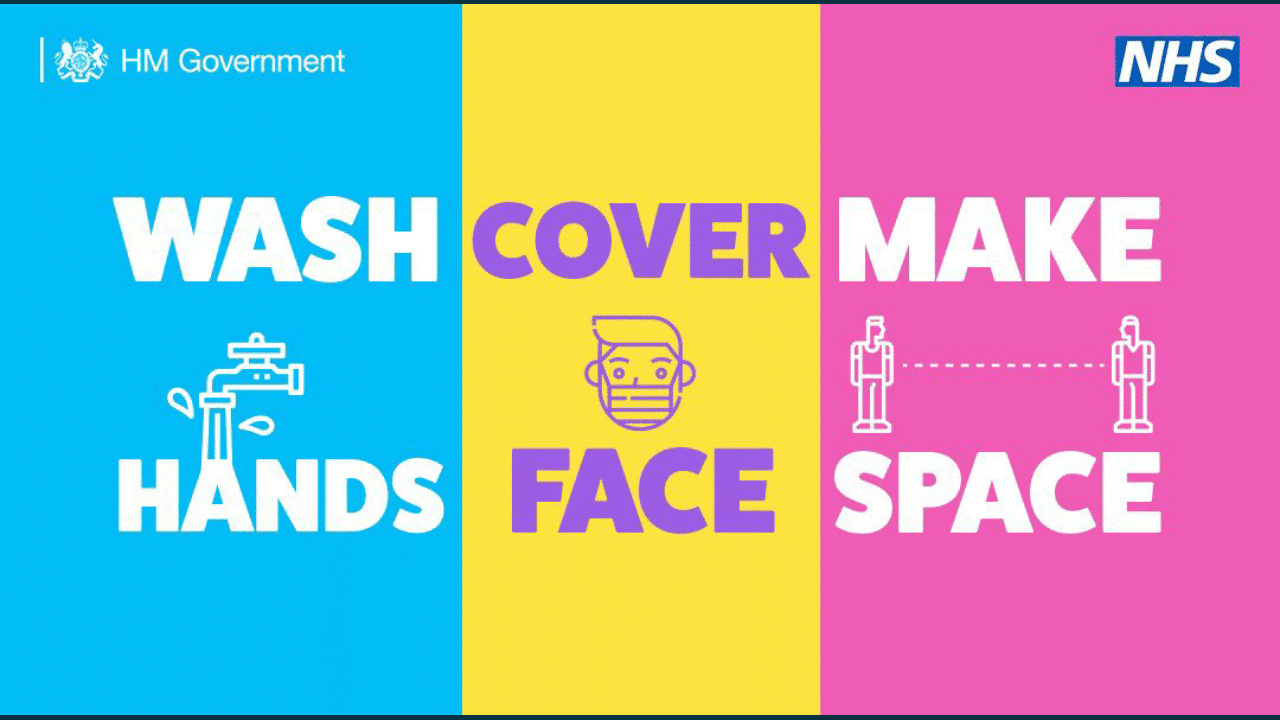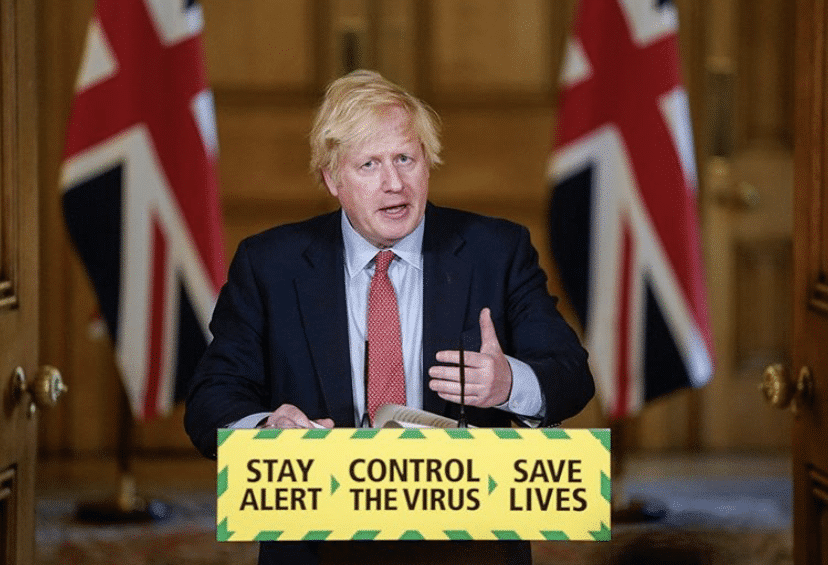Special Forces and a special farce
Kevin Godlington, News
The inquiry about war crimes by UK Special Forces in Afghanistan taking place is hypocrisy when other issues are swept under the carpet, writes Kevin Godlington
When the UK government launched a full statutory inquiry into alleged war crimes by Special Forces in Afghanistan between 2010 and 2013, it was hailed as a necessary step toward accountability. Armed with the full powers of the Inquiries Act 2005, it could compel witnesses, demand documents, and probe right into the chain of command. Nothing was off limits.
But while that inquiry rolled forward under the gavel of High Court judge Sir Charles Haddon-Cave, another scandal—arguably just as grave—continues to be swept under Britain’s thick, carpeted bureaucracy: the grooming gang crisis that scarred Rotherham, Rochdale, Telford, and dozens of other towns.
Despite widespread evidence of systemic abuse, institutional failures, and what many believe was a culture of wilful blindness or political cowardice, there has never been a full statutory inquiry under the 2005 Act into grooming gangs. Instead, the government has relied on piecemeal reviews—commissioned by the very councils, police forces, and agencies that failed victims in the first place.
Reviews Are Not Inquiries
It’s not good enough to say, “we’ve had inquiries.” We haven’t.
What we’ve had are reviews—toothless, voluntary, and politically convenient. They carry no legal power to compel witnesses, no authority to demand documents, and no criminal penalties for non-cooperation, perjury, or cover-ups.
In contrast:
Statutory Inquiry (Afghanistan):
- Can compel witnesses to testify under oath.
- Can demand the disclosure of documents from the military, government, or intelligence agencies.
-
Non-cooperation can lead to criminal penalties, including prison.
Non-statutory Reviews (Grooming Gangs):
- Voluntary participation—witnesses or officials can refuse to appear or provide evidence.
- Limited power to enforce accountability.
- No consequence for lying, refusing, or burying evidence.
- No criminal liability for perjury or obstruction.
So while the Afghan inquiry has real legal firepower, the grooming gang reviews have been little more than political fig leaves. And worse—most of their recommendations have not been acted upon. That means no reform, no justice, and no institutional memory. A full statutory inquiry is the only mechanism capable of guaranteeing change and learning
Two Scandals. Two Systems of Justice.
In the case of Special Forces, the allegations were serious: night raids, unlawful killings of Afghan civilians, and potential cover-ups. These are grave accusations. But so were the repeated failures of authorities to protect vulnerable girls from years—sometimes decades—of rape, trafficking, and abuse.
The Special Forces inquiry was prompted by legal pressure, international scrutiny, and the looming spectre of The Hague. The UK had to act—or risk being seen as a country that turns a blind eye to war crimes.
The grooming gang crisis, by contrast, remains a domestic issue, subject to political hesitation, cultural sensitivities, and fear of being labelled racist. While the victims were overwhelmingly working-class girls, often white, the perpetrators in several high-profile cases were predominantly of South Asian Muslim background—a reality that made authorities hesitant to act, lest they inflame community tensions or be accused of bigotry.
That hesitation didn’t just cost justice. It cost lives.
A Convenient Double Standard
It is no coincidence that one inquiry protects the government from international legal embarrassment, while the other threatens to expose domestic political failure. Ministers can stomach investigating soldiers on the battlefield—especially when they can pin responsibility on a few bad apples and say “lessons have been learned.”
But the grooming scandal? That would mean exposing decades of neglect by local councils, police chiefs, MPs, social services, and even senior civil servants. It would mean confronting uncomfortable truths about how class, race, and culture intersect in Britain—and how young, working-class girls were effectively sacrificed for the illusion of social harmony.
Time to End the Hypocrisy
If Britain can muster the courage and legal machinery to scrutinise its elite soldiers—those trained to fight in the fog of war—it should have no problem confronting the failures of elected officials, public servants, and local institutions here at home.
A full, national statutory inquiry into the grooming gang scandal is not just overdue—it’s a moral necessity. Only a formal inquiry can force truth into daylight, compel accountability, and ensure this never happens again.
Anything less is a betrayal of the very victims we failed once before.
Trending

Join The Book of Man
Sign up to our daily newsletters to join the frontline of the revolution in masculinity.


















